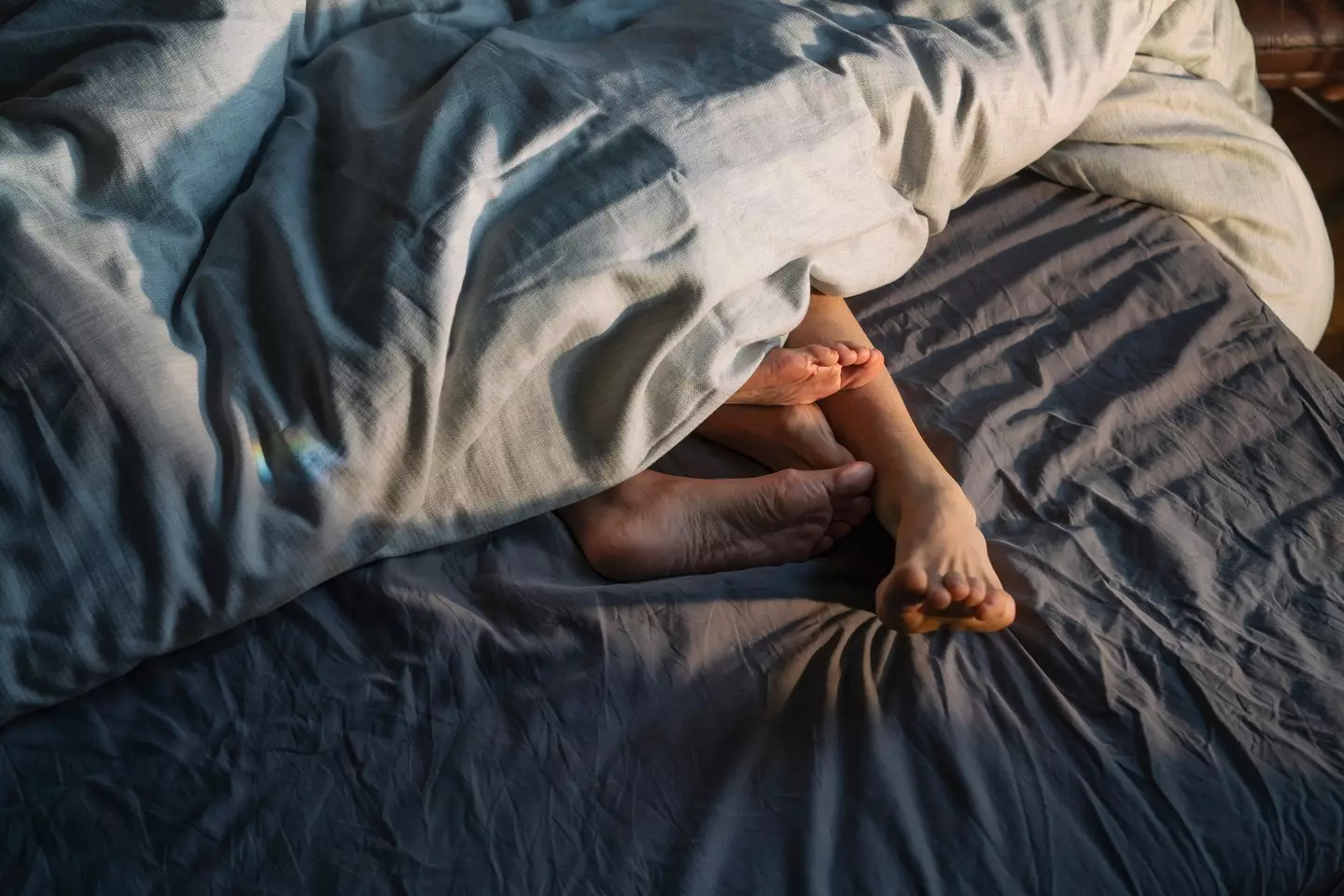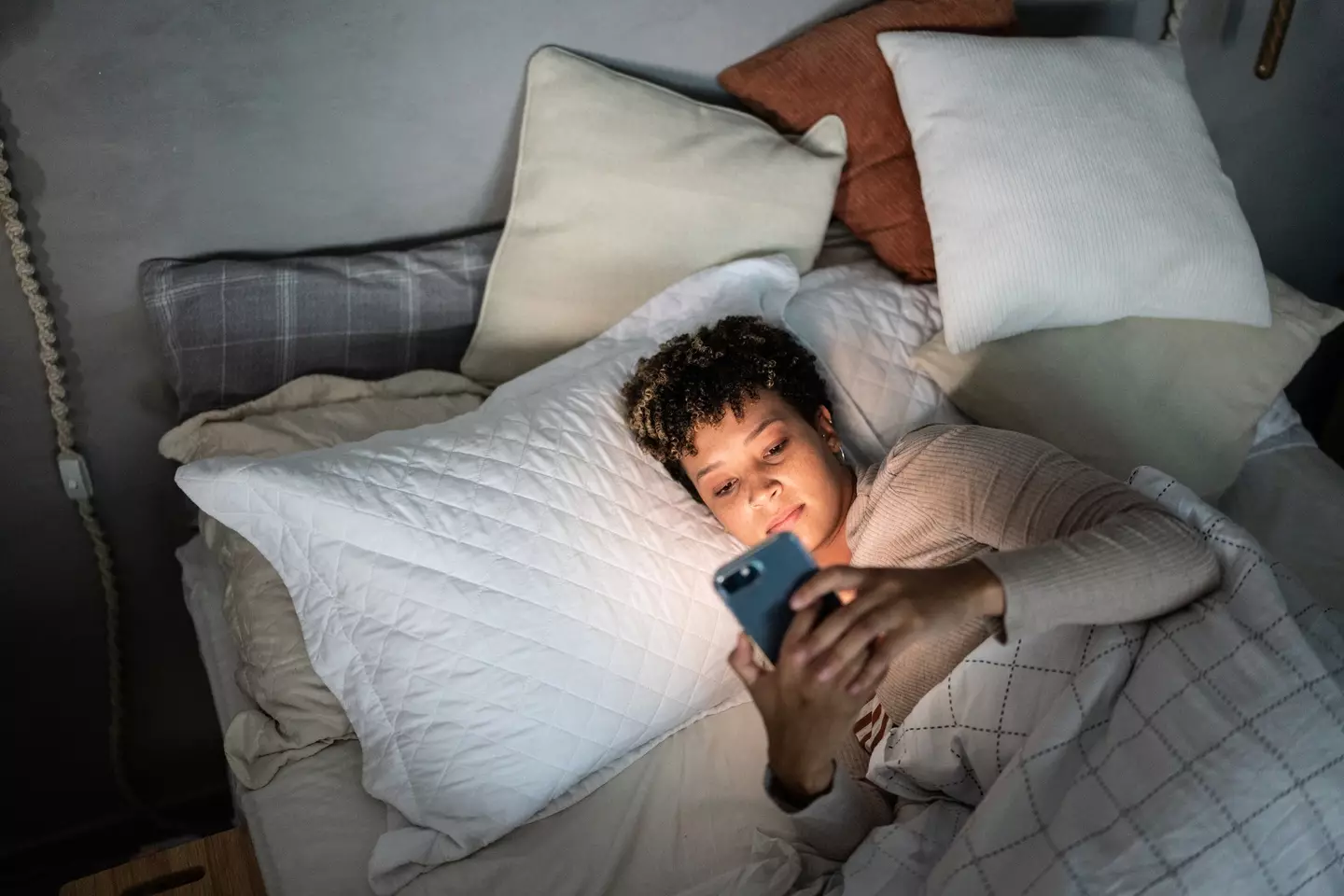
It's been said that we're having less sex than ever, and doomscrolling is one reason why.
There are many benefits to having a healthy sex life, but you don't necessarily have to reach orgasm to reap the rewards of a what many would deem a 'good' sex life, say researchers.
In a study published in February, Alexandra Janssen from The University of Manchester, UK, said: "Our research highlights that the widespread cultural focus on orgasm as the pinnacle of sex, which can create unnecessary pressure and distress when orgasm doesn't occur, is reductive."
Janssen added: "Our findings offer a powerful message— it's normal and okay if orgasm doesn't happen every time, and might even be a good thing."
Advert
Orgasms aside, I think we can all agree that sex is still enjoyable without climaxing, but it appears as if some people would rather forego sex all together.
What are they doing instead? Scrolling on their phones.

According to new research from OnePlus, one in ten Brits admitted that they would rather doomscroll on their phone than have sex.
Per the study, people in the UK lose around two days a month on average to doomscrolling.
The poll was conducted in early June and involved 2,000 respondents.
Other popular times to doomscroll? 49 percent admitted to doing while with family and friends, while another 41 percent do it on the toilet.
Whats worse, people have even done it at weddings (12 percent to be exact), and 13 percent said they'd doomscrolled at a school event.
Another common occurrence is doomscrolling in bed, just an hour of which can have bad consequences on your health because of how it affects your sleep.

Per a study published in March, scrolling on your phone before bed increases your risk of insomnia by 59 percent.
A press released on the matter stated: "Notifications disturb sleep, screen time replaces sleeping time, screen activities keep you wakeful so you take longer to fall asleep, or light exposure delays circadian rhythms."
Dr Gunnhild Johnsen Hjetland of the Norwegian Institute of Public Health went on to explain what people can do to reduce their risk of a bad night's sleep.
"If you struggle with sleep and suspect that screen time may be a factor, try to reduce screen use in bed, ideally stopping at least 30–60 minutes before sleep," she said. "If you do use screens, consider disabling notifications to minimize disruptions during the night."
Topics: Phones, Sex and Relationships, UK News, Community